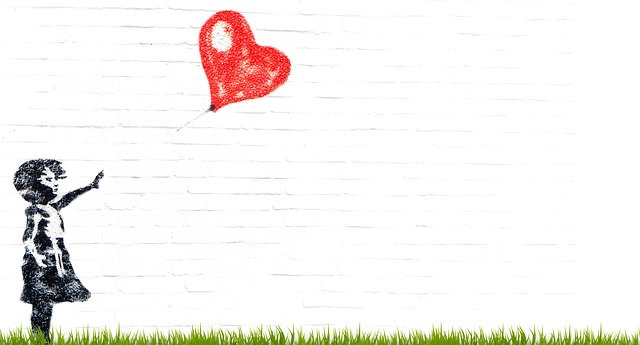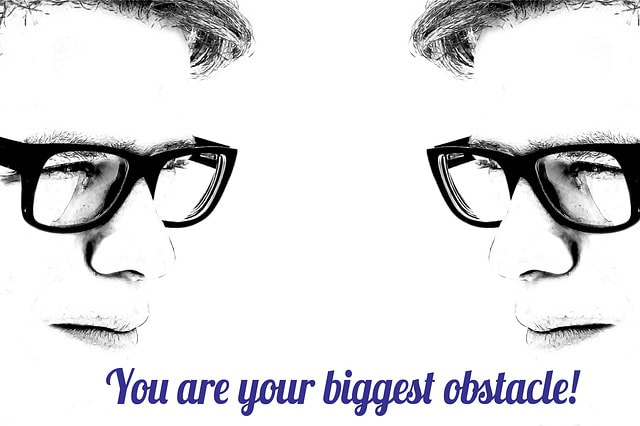The person who follows reason in all things will have both leisure and a readiness to act - they are at once both cheerful and self-composed.”
Marcus Aurelius, Meditations, 10.12b
According to Holiday (The Daily Stoic, p.355) there’s a helpful analogy to understand the concept of logos:
Logos is like a moving cart, or wagon, and we are like a dog leashed to that wagon. Where the cart is going will ultimately determine where we will have to go; however, depending on the length of the leash, we could have enough room to explore our surrounding, even linger over some for a short time. However, if we get lost in our egoic explorations, we’ll be unwillingly drug along once the logos-wagon reaches the end of our leash. But, if we’re mindful of the direction and pace of logos, we can choose to accept both the fate of the Cosmos, AND our own level of independence within that fate.
Honestly, it really doesn’t matter if we obediently go along with the cart, or fight it every step of the way… because the Cosmos is going to keep chugging along where we go along with it, or not.
This, children of Earth, is one core reason we engage in the practice of acceptance.
(See y’all tomorrow - for the beginning of the last month of our time together: December - the month of contemplating our own mortality.)






 RSS Feed
RSS Feed
